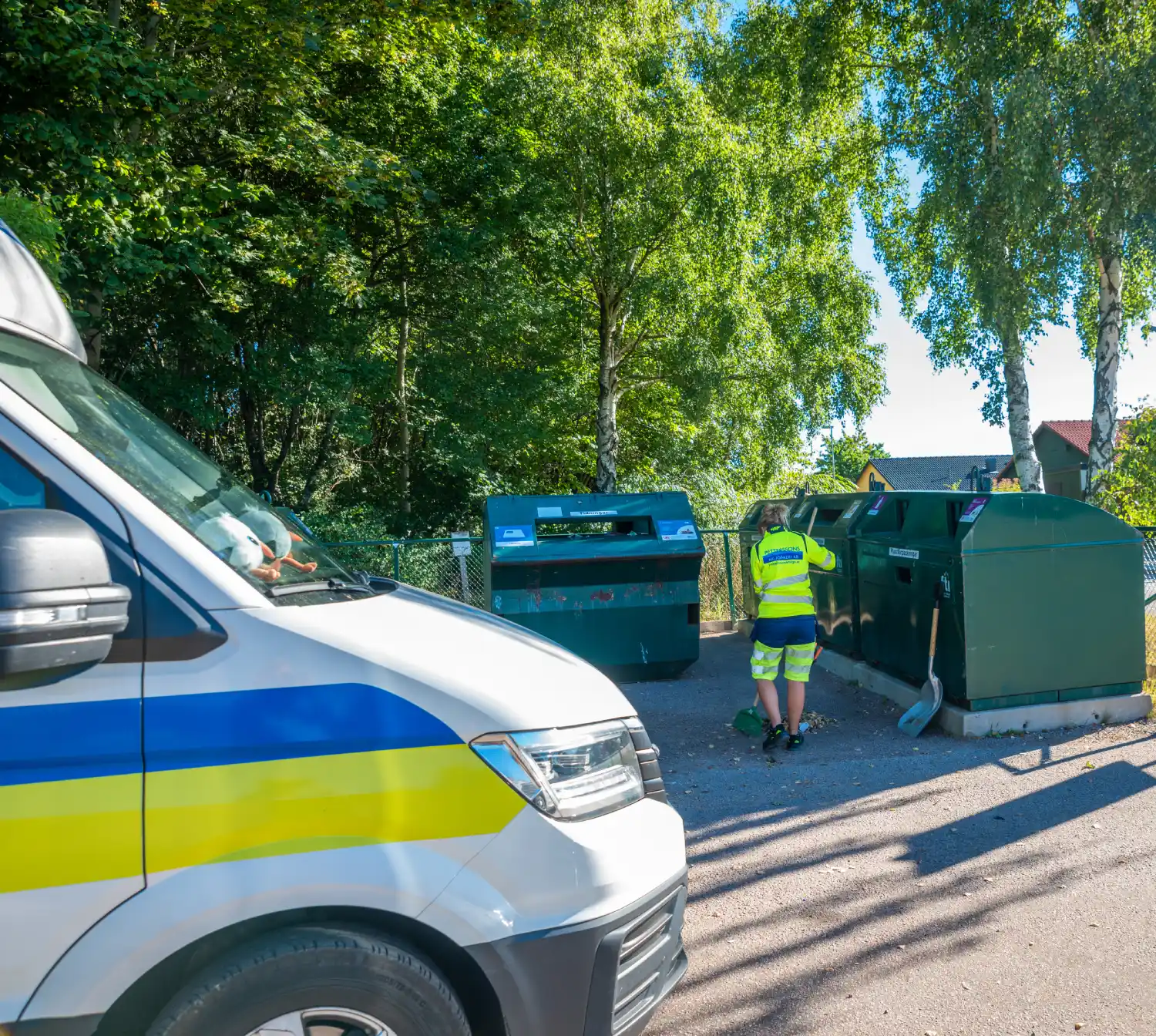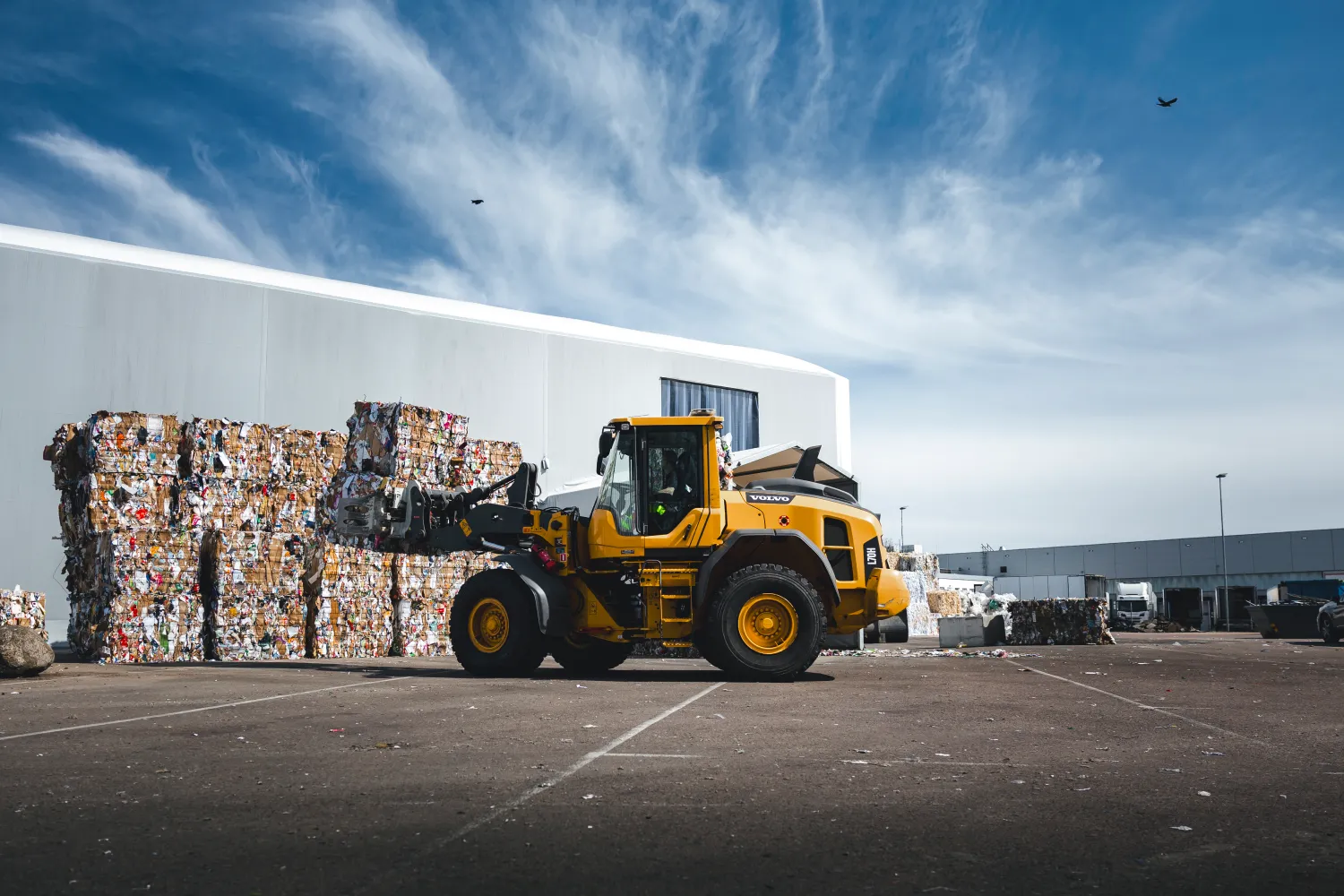Recycling in Sweden: A Model for Global Sustainability
Recycling in Sweden: A Model for Global Sustainability
Blog Article
Sweden has been a leader in sustainable practices, and its Recycling (Återvinning) trip is nothing in short supply of remarkable. From revolutionary waste administration programs to a nationwide ethnic change, Sweden has converted just how it grips waste. The country has turned waste into prize by maximizing recycling efforts and harnessing spend as an invaluable resource. This approach not only minimizes environmental affect but additionally contributes to Sweden's formidable renewable power goals.

Primary Recycling Charges
Sweden features among the highest recycling prices on the planet, with approximately 99% of house waste being recycled or repurposed. The country has developed a innovative waste organizing program that means it is simple for people to split up recyclables, ensuring small waste ends up in landfills. This achievement isn't caused by just one policy but instead an extensive national work, including a strong infrastructure and the active participation of Swedish residents.
Waste-to-Energy Invention
Among Sweden's most outstanding strategies in spend administration is its waste-to-energy (WTE) model. As opposed to sending spend to landfills, Sweden burns off recurring spend to create energy in the proper execution of heat and electricity. This process reports for around 50% of the country's spend, and the vitality produced powers homes, corporations, and actually whole cities. The WTE model not merely reduces landfill waste but also significantly decreases Sweden's reliance on fossil fuels, aligning with the nation's sustainability goals.
Extensive Company Obligation (EPR)
A critical part of Sweden's recycling accomplishment could be the implementation of Prolonged Producer Responsibility (EPR). That policy needs suppliers to manage the recycling of the services and products and packaging. By shifting the responsibility to companies, Sweden has considerably decreased presentation waste and incentivized the progress of more sustainable products. EPR has also led to higher recycling charges, particularly in groups like technology, packaging, and textiles.
Community Diamond and Knowledge
The Swedish government areas a strong emphasis on training their people concerning the importance of recycling. Community understanding campaigns inspire individuals to embrace responsible use habits, such as for instance reducing waste and recycling effectively. Schools, press shops, and local governments come together to advertise environmental stewardship, ensuring that recycling is element of everyday life for Swedes of all ages.
Future Inventions
As Sweden continues their recycling trip, the country is exploring new technologies to help increase spend management.

Conclusion
Sweden's recycling journey has turned trash in to value, demonstrating that waste can be quite a valuable reference when maintained responsibly. Through high recycling rates, waste-to-energy creativity, and policies like Extended Maker Responsibility, Sweden has collection an international example for sustainable waste management. With extended creativity and a culture of environmental attention, Sweden is positioned to stay at the lead of the global recycling motion, featuring that the rounded economy is not only possible—it's the future. Report this page